Articles
SIRC articles provide evidence-based and actionable insights from sport researchers, athletes, coaches, sport organizations and thought leaders to advance sport in Canada.
Featured Article
Concussions in Sport: What Parents Need to Know About the Youngest Athletes
Each year in Canada, more than 200,000 athletes experience a concussion. The numbers are striking, and so is the fact that until recently, the youngest athletes were almost absent from research and public conversation about these injuries. Dr. Miriam Beauchamp is a professor at the University of Montreal, a researcher at Sainte-Justine Hospital, and Canada…
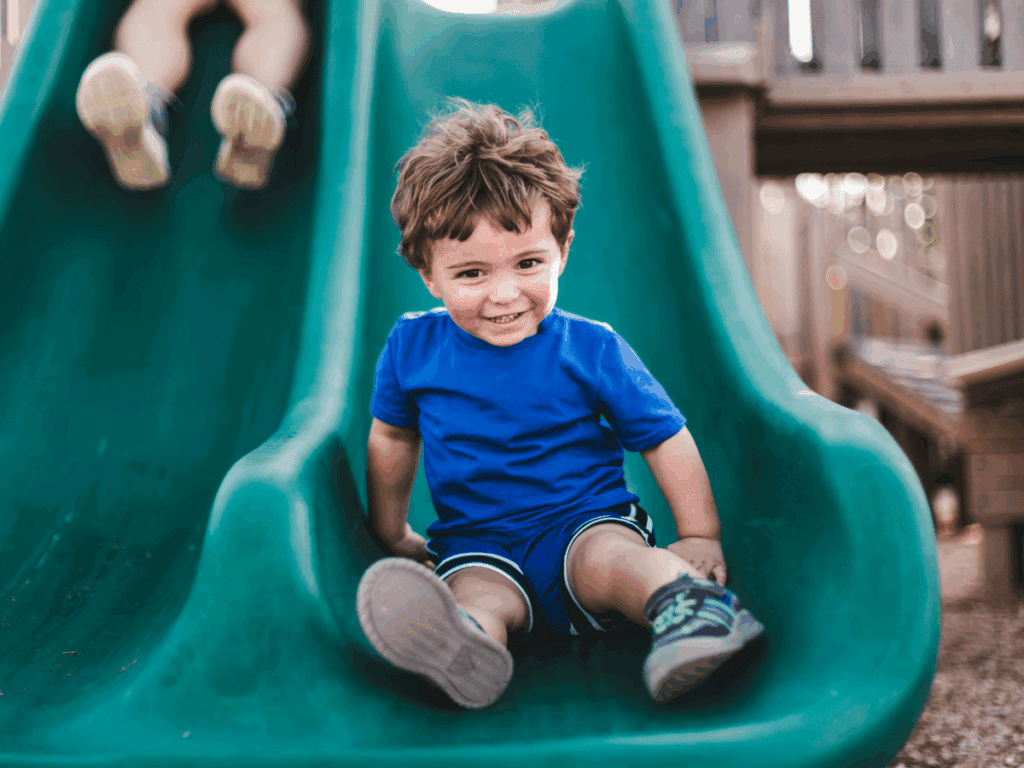
Search Articles
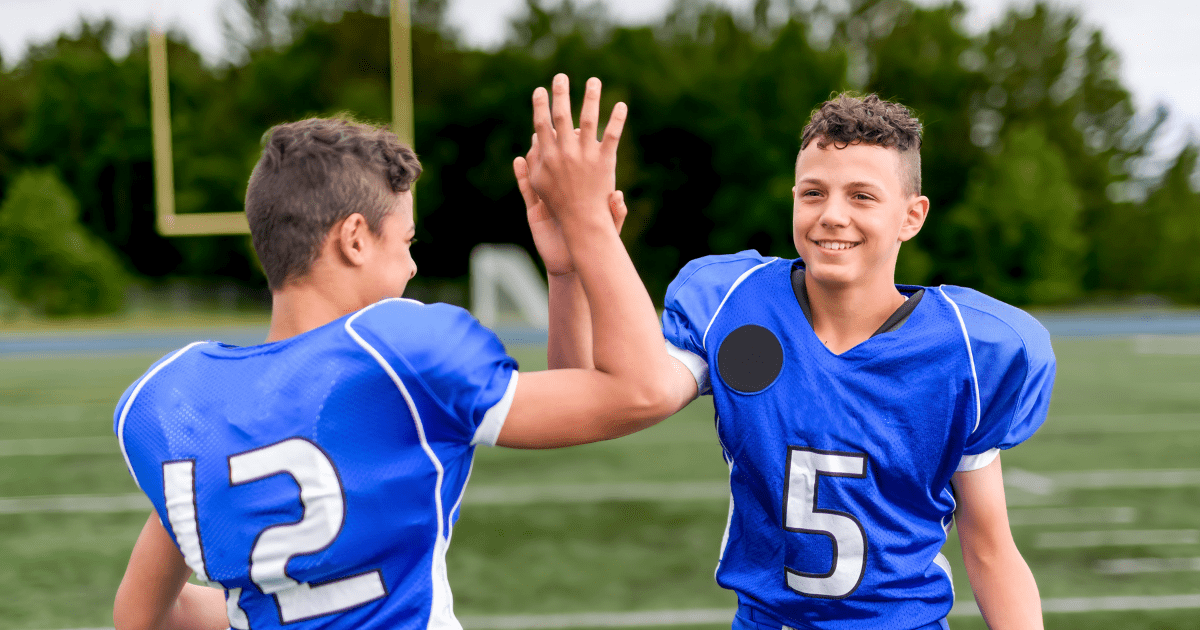
What makes a winning team? Is it raw talent, star power, or an overflowing budget? Think again. The most successful teams—on the field or in the office—don’t just rely on superstars. They thrive on balance, leadership, and a collective drive...
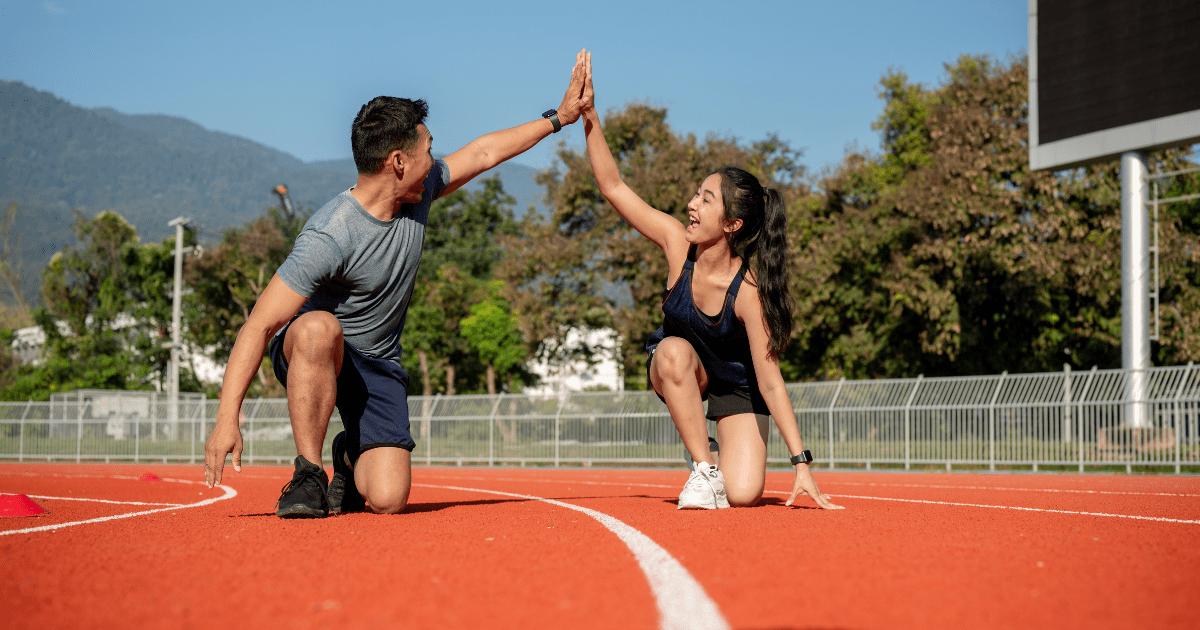
Understanding the capacity of national sport organizations (NSOs) for gender equity: Recommendations for NSO Leaders and Policy Directors
March 18, 2024
| Swarali Patil and Alison Doherty
As leaders of amateur sport in Canada, national sport organizations (NSOs) are tasked with addressing gender equity and increased engagement of women and girls. NSO leaders may focus their efforts through new policies, initiatives or programs, but their ability to...

Advancing an agenda for research partnerships in sport
October 9, 2023
| Majidullah Shaikh
Introduction and context The goal of this research was to create an agenda that will advance support and capacity for research partnerships in sport. Effective partnerships between academics (e.g., faculty, students, consultants) and sport sector members (e.g., organizations, coaches, athletes,...
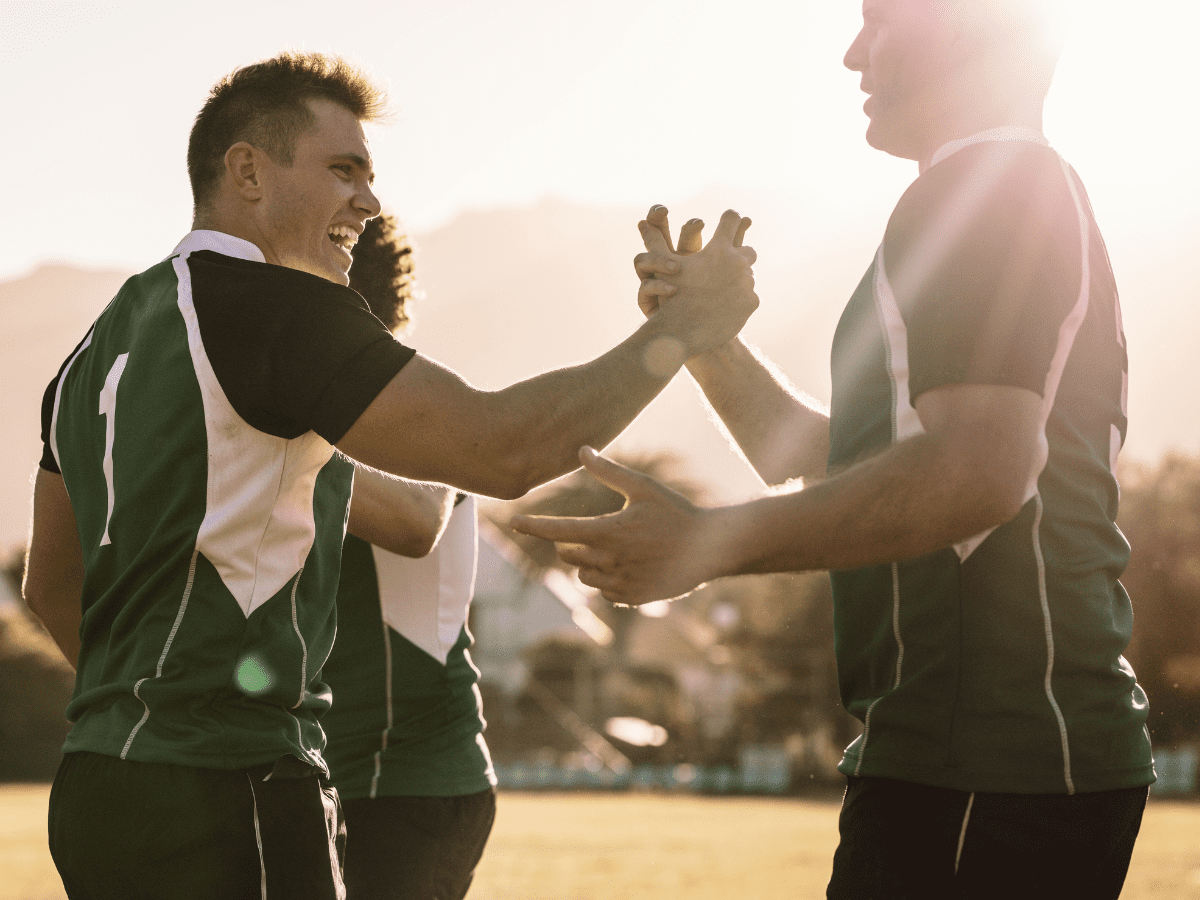
The challenges of shifting to a safer sport culture: High performance coach and administrator perspectives
August 21, 2023
| Eric MacIntosh, Shannon Kerwin and Alison Doherty
Highlights The calls for culture change across sports in Canada are persistent and louder than ever. Through our program of systematic research, we have listened to and shared high performance athletes’ perspectives about what appear to be accepted (or at...

Gold medal governance: Embracing a steward-leader board
April 6, 2022
| Rose Mercier, The Governance Coach
This is the fourth blog post in a series designed to increase sport organizations’ capacity to govern well in an increasingly complex world. Check out the previous posts about the role of the board, strategic foresight and the keys to...

The new normal? How digital innovation evolved the fan experience
July 19, 2021
| Adam Steiner and Veronica Allan, SIRC
Highlights Sport, like all industries, adapted to the challenges of the ongoing COVID‑19 pandemic. Competitions and events were cancelled or they continued in empty stadiums. Over the past year, high-performance athletes have become used to long periods of isolation and...

Building capacity for evaluation with students and volunteers
June 7, 2021
| Sarah Lawrason, UBC Okanagan
An essential part of improving sport service delivery is program evaluation. Program evaluation allows sport organizations to understand how their programs or initiatives work in different ways. However, many organizations receive insufficient training or lack the capacity (staff, funding or time) to engage in evaluative work (Carman & Fredericks, 2010). One...
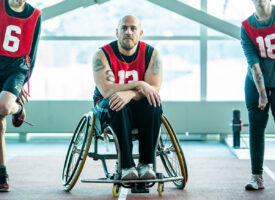
Supporting Podium Dreams – Paralympian Search and RBC Training Ground
January 11, 2021
| Sydney Millar, SIRC
To support the identification and development of future Olympians and Paralympians, two Canadian programs have been developed to fuel the Canadian pipeline of future hopefuls. RBC Training Ground and the Canadian Paralympic Committee’s Paralympian Search are athlete identification programs designed...
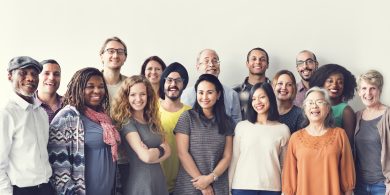
Building Capacity in Community Sport Organizations
October 4, 2020
| Patti Millar, University of Windsor
Community sport organizations (CSOs) occupy an important place in our communities by providing sport and recreation opportunities for all ages, as well as serving a wider social role within our communities (see, for example, Taking Action: Community Sport Organizations and...
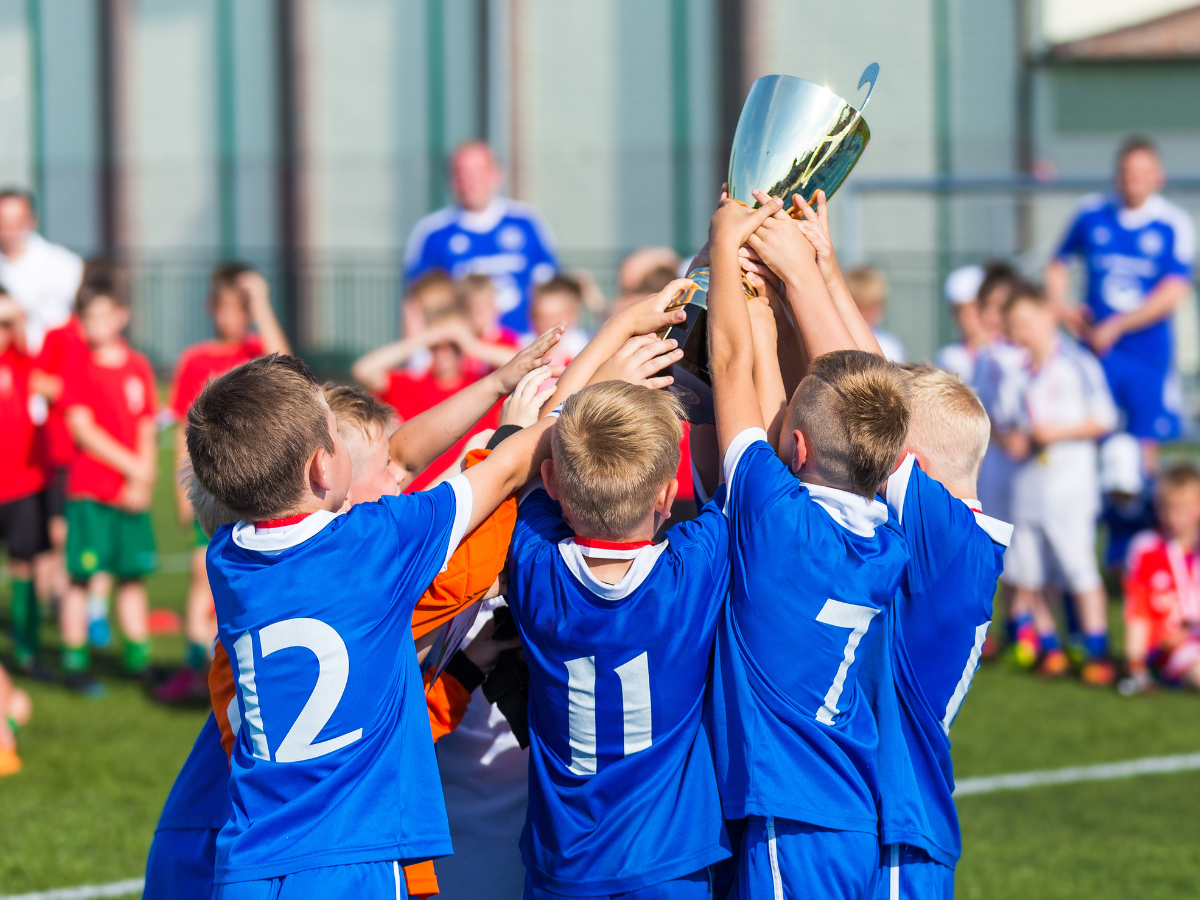
Building capacity for sport participation through events
September 14, 2020
| Marijke Taks
Project Summary The demonstration effect is the assumption that sport events stimulate sport participation. This phenomenon is widely debated (e.g., Weed et al, 2015) given there is little evidence that sport events create new participation in sport. Local sport organizations (LSOs) can play a pivotal role in taking advantage of sport events to...